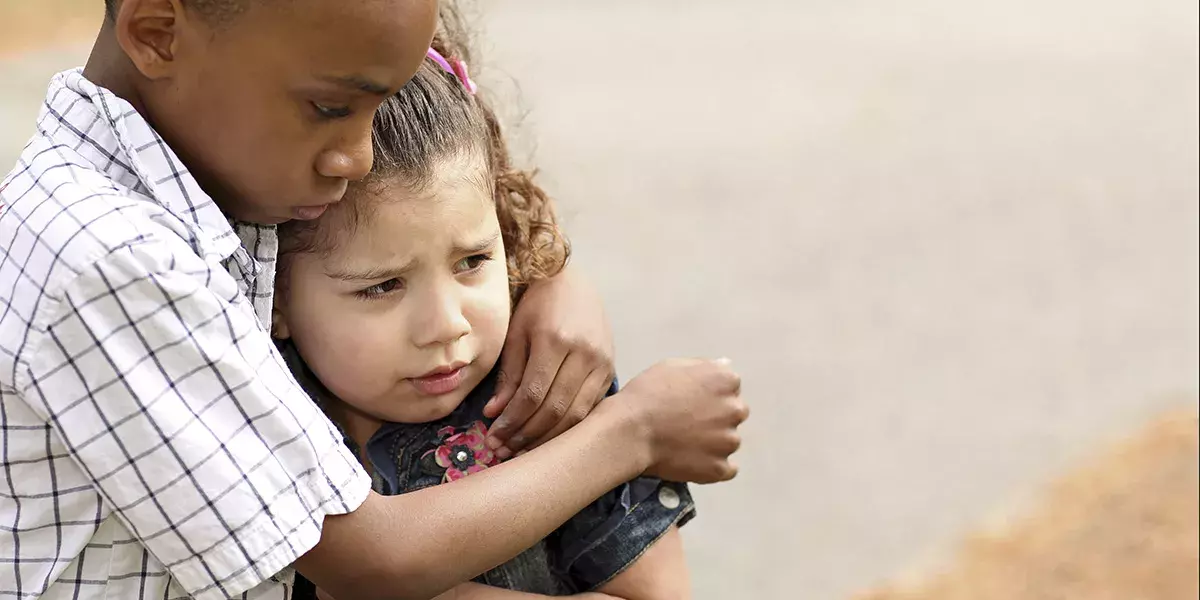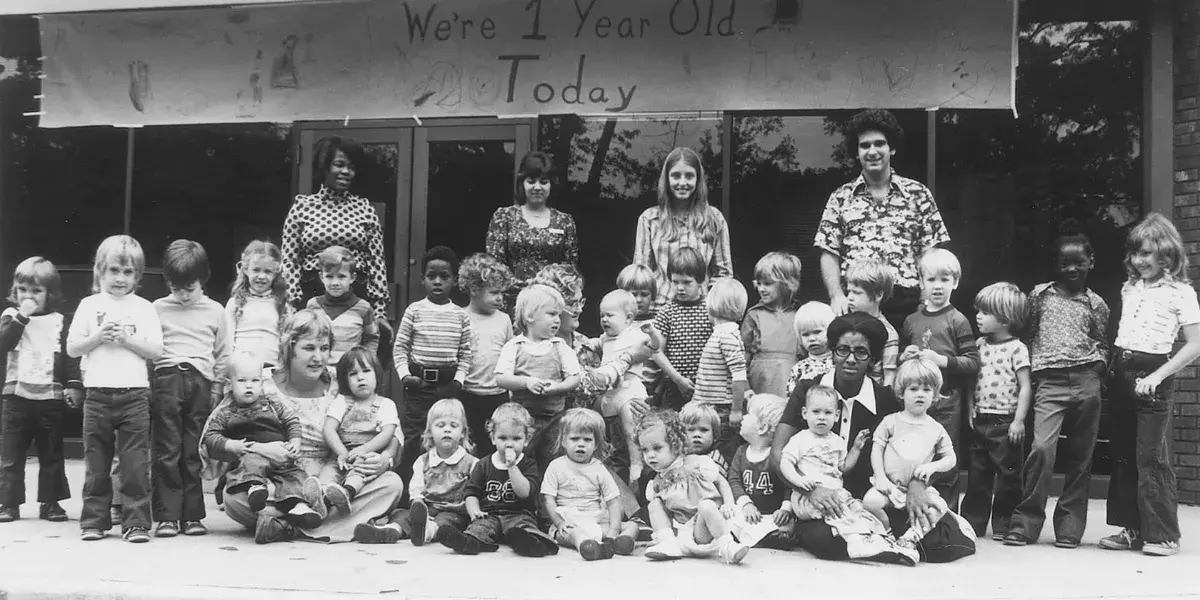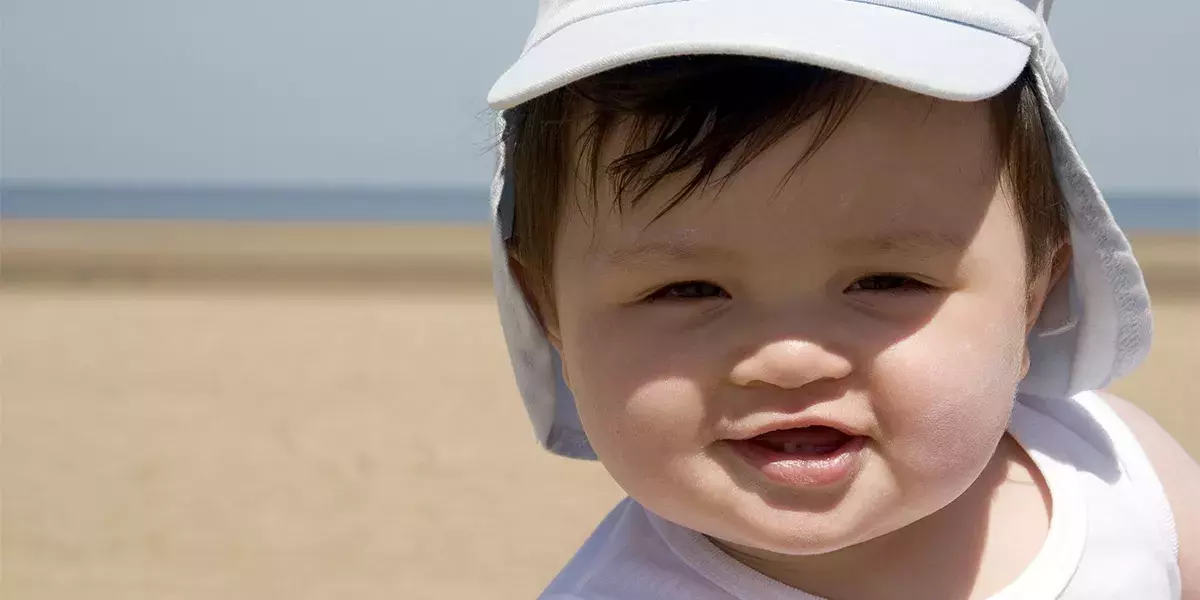
Get tough, speak up: Encourage your child to report bullying
“Sticks and stones may break my bones, but words can never hurt me.”
Though we teach our children to ignore taunts because they cannot be physically hurt by them, evidence shows that words often hurt worse.
Bullying is increasingly recognized not just as a hurdle of childhood, but as a public health issue with serious, long-term consequences. Bullying can have a lasting impact on mental health and has been identified as a contributing factor to substance abuse and even suicide. Children who are bullied are more likely to suffer from depression, anxiety and other health complaints, even into adulthood. They are more likely to miss or drop out of school and see their GPA and test scores plummet.
But bullying doesn't just affect the child being bullied; children who bully are at a higher risk of engaging in violent and self-destructive behavior through adolescence and into adulthood. They are more likely to abuse drugs and alcohol, start sexual activity earlier, be convicted of criminal activity, and be abusive toward partners and children as adults.
Bullying comes different formats including:
- Verbal – such as name-calling and threats;
- Social – meant to hurt the victim's reputation or relationships, such as spreading rumors or public embarrassment;
- Physical – by hurting the victim's body or damaging his or her possessions.
Bullying is repetitive aggressive behavior that involves a real or perceived power imbalance, such as popularity or physical strength. Though any child can be a victim of bullying, it often occurs due to a disability or a negative perception of a child's sexual orientation, religion, race or ethnicity. Bullying has recently become more pervasive and difficult for victims to escape through the emergence of cyberbullying, which takes place electronically and follows children home.
Many children who are bullied do not tell an adult for fear of rejection or retaliation by the bully or their peers, fear of being seen as weak or being judged, or because they have feelings of social isolation and humiliation. Signs that your child may be a victim of bullying include:
- Frequent or unexplained injuries
- Lost or damaged property
- Difficulty sleeping or nightmares
- Faking illness or frequent headaches or stomachaches
- Drop in academic achievement
- Sudden avoidance of friends or social situations
In addition to modeling kindness and respect and keeping up open communication with your child, help him or her to understand what bullying looks like and how to react when it happens. Consider discussing these strategies to help keep your children happy and safe:
- Encourage children to stay near adults or in a group of friends.
- Encourage children to report bullying to a trusted adult.
- Discuss how to safely stand up to bullies by using humor, clearly and confidently saying “Stop,” and walking away from the situation if these strategies do not work.
- Encourage children to get help or show kindness when they see another child being bullied.
- Report to police or school authorities if bullying has escalated and is endangering your child












